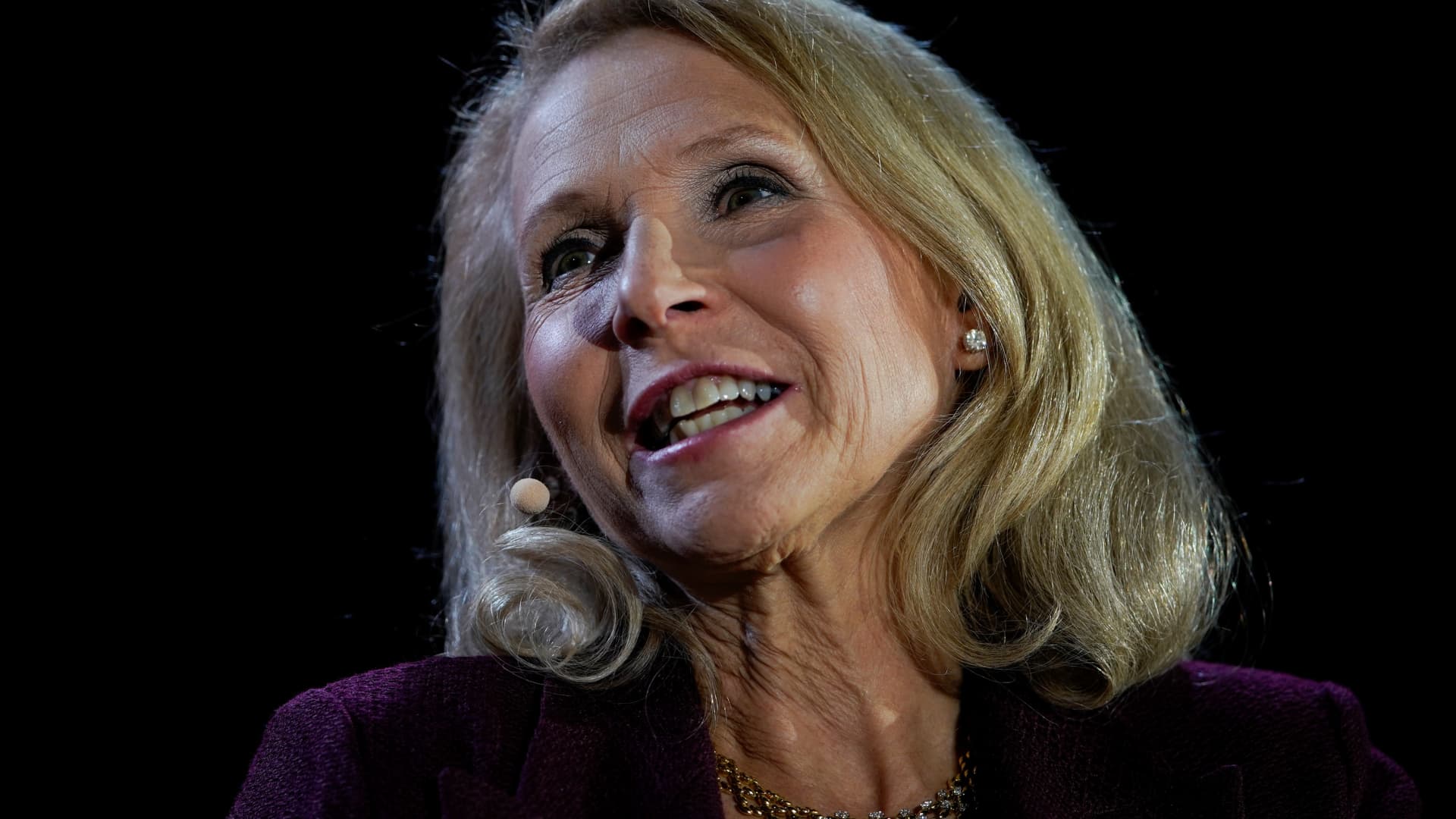Skydance Media’s offer to acquire National Amusements and merge its studio with Paramount Pictures isn’t a conventional takeover. The question for Paramount Global shareholders might be: Is it better than no deal at all?
Skydance has made a unique pitch to Paramount Global’s special committee, in charge of accepting or rejecting transactions, and its investors, according to four people familiar with the parameters of the offer. Paramount Global would continue to trade publicly. Skydance would own either a substantial minority stake or a majority stake in Paramount Global by merging its assets and raising new equity, which it would acquire along with its private equity partners RedBird Capital Partners and KKR.
The consortium’s ownership percentage in the new company could be around 45% or just over 50%, said the people, who asked not to be named because the discussions are private. No details have been nailed down and are all still subject to change, the people said.
Spokespeople for Paramount Global and Skydance declined to comment.
The new equity will be dilutive for existing shareholders. But it will align voting and economic control in a way that hasn’t been the case with the Redstone family, which currently directly or indirectly owns 77% of the Class A voting stock of Paramount Global and 5.2% of the Class B common stock, about 10% of the overall equity of the company.
While Skydance CEO David Ellison is primarily in charge of orchestrating the deal, his father, Oracle co-founder and Chairman Larry Ellison, would be putting up some of the new funding, said the people. He would also potentially provide Paramount Global with access to artificial intelligence software and other data technology from Oracle.
Paramount Global has many valuable legacy media assets, including CBS, the Paramount Pictures studio and its physical lot, a studio library with films such as “The Godfather,” “Titanic,” and “Forrest Gump” and cable networks such as Comedy Central and Nickelodeon. It also owns its subscription streaming service Paramount+, with more than 67.5 million subscribers, and its free advertising supported service Pluto TV, with more than 80 million monthly active users.
Still, it’s struggled to grow in recent years. Paramount Global’s annual revenue for 2023 was $29.7 billion, a 1.7% decline from 2022. Paramount+ continues to lose money. Paramount Global‘s debt rating was cut to junk by S&P Global Ratings last month because the company’s broadcast and cable TV business is declining as traditional pay TV subscribers cancel.
Paramount Global has a market capitalization of about $7.6 billion and had $14.6 billion in long-term debt at the end of 2023. When CBS and Viacom merged in 2019, the combined market value of the company was about $30 billion.
Shares were trading about 5% lower Friday.
The Skydance plan
In the past decade, Oracle successfully transformed from a legacy enterprise technology company to a cloud services and AI-focused business. That provides a similar thematic blueprint for what the Ellisons would like to do with Paramount Global – a legacy media company that needs to lean into the future to justify its existence.
David Ellison would likely lead the new company.
Former NBCUniversal CEO Jeff Shell, in his capacity as chairman for sports and media at RedBird, is also expected to have a major leadership role. Management would be open to divestitures that current CEO Bob Bakish has examined but ultimately rejected, such as selling BET Media Group and Showtime, the people said.
New leadership would also assess more existential questions to Paramount Global, such as the future of Paramount+ and what the company’s role should be in a broader media ecosystem. No decisions have been made yet about these larger strategies, the people said.
Better than nothing
The transaction as proposed isn’t a full takeover of Paramount Global. That’s what Paramount Global’s board would prefer, but Ellison has balked, the people said.
Still, the message to investors will be that the combination of David Ellison, his dad’s involvement, Shell, Skydance’s assets and its commitment to new media (including Skydance’s video game development studio) is simply better for future growth than Redstone and Bakish.
The Paramount Global special committee will need to decide if Skydance’s complicated transaction is better than the status quo — and also better than any other offer that may still come. The two sides have entered exclusive talks to do deeper due diligence and potentially reach a deal in the coming month or two, the people said.
There still could be other avenues to pursue. Private equity firm Apollo Global Management lobbed in a recent bid of $26 billion for the entire company, The Wall Street Journal reported this week. But the Paramount Global special committee has chosen to move forward with the Skydance talks in exclusivity. Redstone has unofficially sought a buyer for Paramount Global for years, according to people familiar with the matter. The late offer by Apollo may be an attempt to keep the private equity firm around the hoop in case the Skydance transaction falls through.
Warner Bros. Discovery held preliminary discussions with Paramount Global but stopped working on a deal earlier this year, CNBC reported in February.
WATCH: Faber report: Paramount Global deal moves to fast lane
Disclosure: NBCUniversal is the parent company of CNBC.
